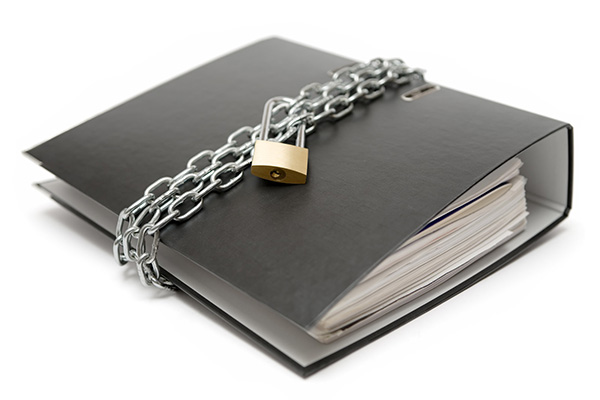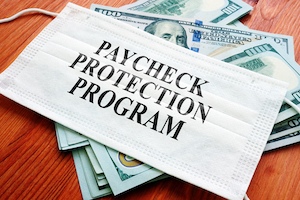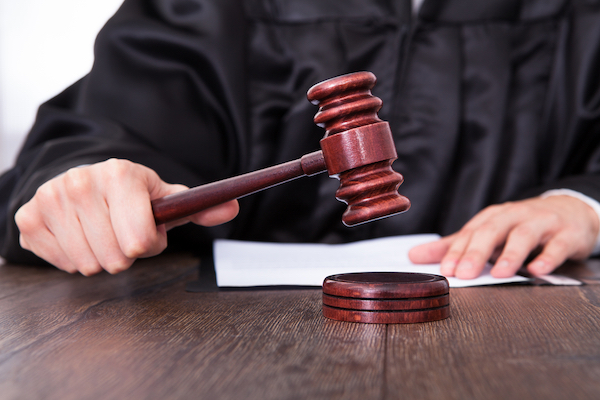In the early days of the Coronavirus pandemic, Congress passed relief legislation authorizing unprecedented federal aid to states, businesses, and individuals. In short order, a torrent of federal spending flowed. While those days may seem long gone as initial relief dollars have dried up and Congress is now debating additional relief programs, the Department of Justice (“DOJ”) remains focused on investigating and prosecuting fraud schemes arising from relief programs rolled out at the beginning of the pandemic.[1]
One of the relief programs receiving special attention from DOJ is the Paycheck Protection Program (PPP), administered by the Small Business Administration (SBA). Through the PPP, participating banks lent money to qualifying businesses, which loans the SBA guaranteed. Subject to certain conditions, the SBA agreed to forgive the loans. Some of the key loan conditions included, for example: the requested loan was to be used to pay costs eligible for forgiveness (e.g., payroll, mortgage interest, rent and utility costs); payroll was to be capped at $100,000 per employee, annualized; the borrower was not to reduce salaries or hourly wages by more than 25 percent for any employee during the relevant period.[2] To obtain the loan, the borrower had to sign and certify the PPP loan forgiveness application.
DOJ’s initial investigations of PPP fraud schemes have appeared to focus on the eligibility of borrowers (i.e., whether they had a real business with real employees, whether the size of the payroll matched representations in the loan application, etc.) and the use of the proceeds (i.e., whether the proceeds were spent on permissible items). Thus far, DOJ’s prosecutions for PPP fraud have involved allegations of egregious misconduct. As DOJ’s enforcement efforts continue, it is likely that DOJ will start bringing prosecutions concerning conduct that may be closer to the line and that may fall in gray areas.

 Trial Attorney Blog
Trial Attorney Blog



 When the government investigates or prosecutes alleged
When the government investigates or prosecutes alleged  You know the Supreme Court of the United States feels strongly about an issue when, in the Court’s parlance, it adds “extra icing on a cake already frosted.”
You know the Supreme Court of the United States feels strongly about an issue when, in the Court’s parlance, it adds “extra icing on a cake already frosted.” [Law360 published the below article by Finch McCranie partner, David Bouchard, on January 25, 2021. The article concerns PPP fraud and enforcement. Our
[Law360 published the below article by Finch McCranie partner, David Bouchard, on January 25, 2021. The article concerns PPP fraud and enforcement. Our  Nobody accused of a federal crime should be penalized for exercising their Sixth Amendment right to trial. And yet, because of the trial penalty, that happens all too often.
Nobody accused of a federal crime should be penalized for exercising their Sixth Amendment right to trial. And yet, because of the trial penalty, that happens all too often. Videoconferencing has skyrocketed in popularity because of the pandemic. Just check Zoom’s stock. Seemingly overnight, what used to be an irregular method of business communication has become commonplace.
Videoconferencing has skyrocketed in popularity because of the pandemic. Just check Zoom’s stock. Seemingly overnight, what used to be an irregular method of business communication has become commonplace.